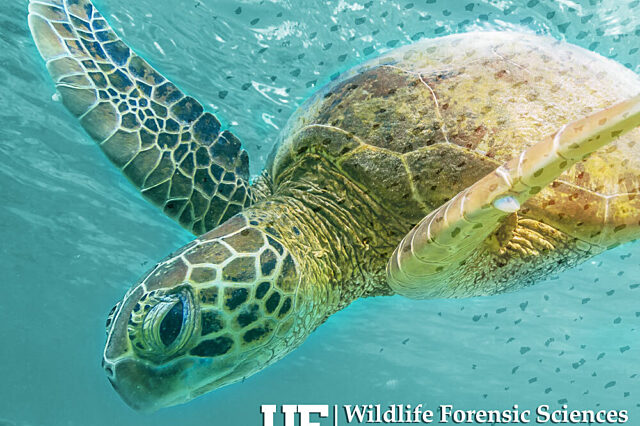University of Florida offers online master’s degree in wildlife forensic sciences

For more information, contact Deanna Wheeler at d.wheeler@ufl.edu or 352-294-0835.
The University of Florida has started an online master’s of science degree program in wildlife forensic sciences and conservation designed to provide practical training to law enforcement officers and others who investigate wildlife crimes.
The program’s targeted audience includes wildlife law enforcement professionals, conservation biologists, wildlife management and ecology students, environmental scientists, policymakers and others.
“Wildlife crimes are a significant threat that spans continents, exploiting some of the world’s most endangered species,” said Jason H. Byrd, Ph.D., associate director of UF’s William R. Maples Center for Forensic Medicine.
“There is a lack of awareness about the application of the forensic sciences to wildlife crimes, and the failure to document and collect physical evidence been a contributing factor in the rise of such crimes,” said Byrd, also an associate professor in the UF College of Medicine’s department of pathology, immunology, and laboratory medicine. “It is vital that wildlife protection professionals are equipped to combat these issues with proven methods for investigation and evidence collection.”
The program’s goal is to address the dearth of practical training for wildlife law enforcement officers. Students will acquire a foundation of knowledge to help those who are tasked with defending nature by using skills such as evidentiary analysis of DNA, handling trace evidence, and the classification of illegal animal products. These are crucial components that lead to the capture of criminals and the building of solid cases for their prosecution.
The program is a part of the forensic studies curriculum provided by the William R. Maples Center for Forensic Medicine, which is an interdisciplinary collaboration among UF’s colleges of Medicine, Veterinary Medicine and Liberal Arts and Sciences. The degree can be completed in as little as two years, and students may choose between thesis and non-thesis options.
Complete details on the program, admission requirements, tuition and financial aid opportunities, can be found at http://masters.wildlife.forensics.med.ufl.edu.
About the author
